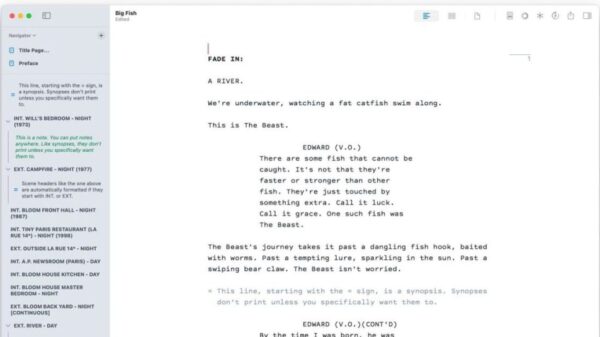UPDATE: A user has just announced a groundbreaking switch from Google Calendar to a custom open-source productivity flow, prioritizing privacy and control. This shift highlights a growing trend as privacy concerns escalate in digital spaces.
The user, previously reliant on Google’s tools for everything from doctor’s appointments to meetings, has turned to Proton Mail and Mozilla Thunderbird for a more secure alternative. The move comes amid increasing scrutiny over data privacy, as individuals seek solutions that don’t compromise their personal information.
In a recent post, the user detailed the benefits and challenges of this transition. Proton Mail, which boasts end-to-end encryption, offers a free tier with 1GB of storage, a significant contrast to Google’s offerings. Currently, during its Black Friday event, users can upgrade to Proton’s premium tier for just $1 per month, gaining 15GB of storage and enhanced features.
While Proton Mail and its associated Proton Calendar cover many personal use cases effectively, the user noted some limitations compared to Google Calendar, particularly the absence of automatic event creation from receipts. This could impact professionals who require seamless integration for work-related scheduling.
For desktop email, the user opted for Mozilla Thunderbird, a customizable and efficient open-source client. By integrating the Proton Calendar extension, users can access their calendar easily, retaining essential features like event notifications and guest invitations.
Despite the appeal of these privacy-focused tools, the user acknowledges a struggle in fully abandoning Google services. With professional contacts primarily using Gmail, the transition could disrupt established communication lines. For now, the user continues using Google Calendar for time-blocking schedules, indicating the challenge of shifting entire workflows.
However, the user has found an innovative solution to streamline scheduling. Cal.com, an open-source scheduling platform, simplifies the process of booking meetings, providing a user-friendly interface for clients. This tool helps eliminate the back-and-forth commonly associated with scheduling, further enhancing productivity.
The transition from Google Calendar to open-source tools is not without difficulties. The user experiences a learning curve and misses certain automation features, but the commitment to privacy and control remains a top priority. As digital privacy becomes increasingly vital, this trend toward open-source solutions may resonate with a broader audience seeking alternatives to major tech platforms.
The user’s journey underscores a significant shift in how individuals approach digital productivity, emphasizing a balance between functionality and privacy. As more users explore these alternatives, the implications for tech giants like Google could be profound.
In a world where personal data is at risk, this shift to open-source solutions reflects a growing desire for autonomy. For those considering a similar transition, the user’s experiences serve as a compelling case study in the evolving landscape of digital productivity.
As the tech landscape continues to evolve, watch for further developments in open-source productivity tools and their impact on user privacy and efficiency. The conversation around digital privacy is only beginning, and this transition could signal a broader movement away from traditional platforms.






































































